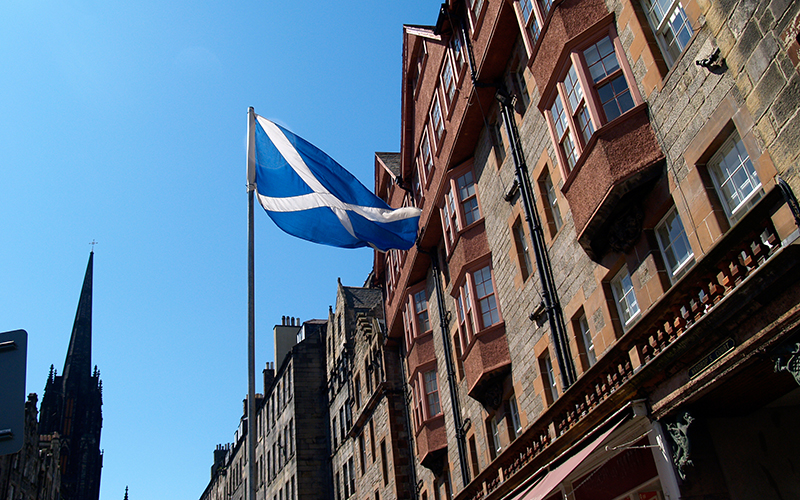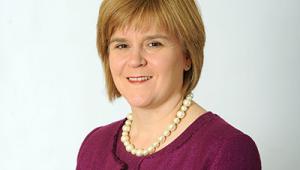
Image credit| Photos BrianScantlebury/Shutterstock
This year’s Government Expenditure and Revenue Scotland report shows a deterioration in Scottish public finances, with the nation’s net fiscal deficit as a share of GDP rising from 8.4% to 10.4%.
The figure measures the difference between total public sector expenditure and revenue in Scotland, both devolved and reserved, including capital investment.
By comparison, the UK deficit as a share of GDP stands at 4.5%, down 0.5% on the previous year.
Scotland’s growing deficit has been driven by falling energy prices which have seen North Sea revenues plummet to £4bn from last year’s peak of £8bn.
Overall, revenues in Scotland rose by £1.7bn to £88.5bn – an increase of 1.9% – with strong growth in both income tax and corporation tax.
Income tax receipts were bolstered by earnings growth, freezes to income tax thresholds and increases in the higher and top rates, while corporation tax revenue was supported by the introduction of the electricity generator levy.
Expenditure increased to £111.2bn – up from £104.9bn last year – fuelled by greater spending on health and social protection, although expenditure on reserved public sector debt interest fell by around a tenth.
Public spending remained at “historically high levels” of 51% of GDP, the report said, about five percentage points higher than prior to the pandemic.
Finance secretary Shona Robison welcomed the growth in revenues north of the border, which she attributed to Scotland’s “progressive approach to tax” as well as receipts from renewable energy.
The notional deficit reflected choices made in Westminster rather than the finances or policies of the Scottish Government, she said.
“As an independent nation, we would have the powers to make different choices,” said Robison.
“As it is, we are using all the powers we do have to deliver our priorities of growing the economy, investing in net zero, eradicating child poverty and delivering strong public services.”
The Fraser of Allander Institute said the figures set the starting point for a discussion about the immediate choices, opportunities and challenges which had to be addressed by those advocating new fiscal arrangements.
“And here the challenge is stark, with a likely deficit far in excess of the UK as a whole, other comparable countries or that which is deemed to be sustainable in the long-term,” said Mairi Spowage, the institute’s director.
“It is not enough to say, ‘everything will be fine’ or ‘look at this country, they can run a sensible fiscal balance so why can’t Scotland?’”
“Concrete proposals and ideas are needed.”
David Phillips, associate director of the Institute for Fiscal Studies, said any debate on constitutional arrangements would have to focus on the tough public finance challenges ahead.
“Scotland will also face tricky headwinds as declining oil and gas production hits onshore as well as offshore tax revenues, and more rapid ageing of the population puts more pressure on public services such as health and social care,” he said.
“Such issues are at the heart of debates about independence not just because they relate directly to people’s jobs and salaries, but because they also have an important bearing on Scotland’s public finances, and hence the taxes people could pay and the services they could expect to enjoy post-independence.”











